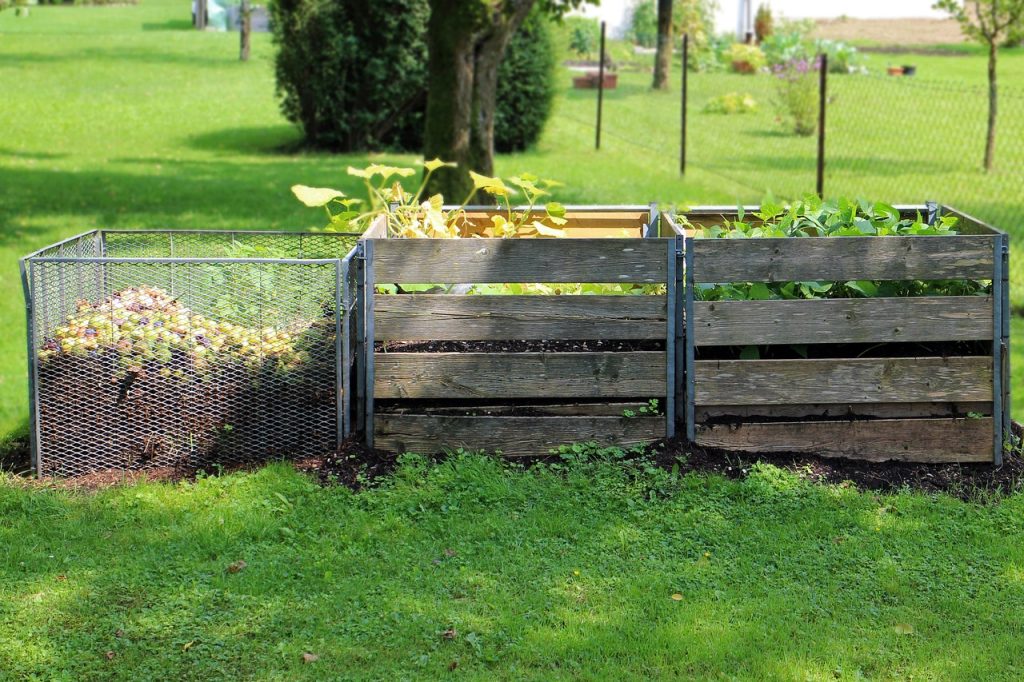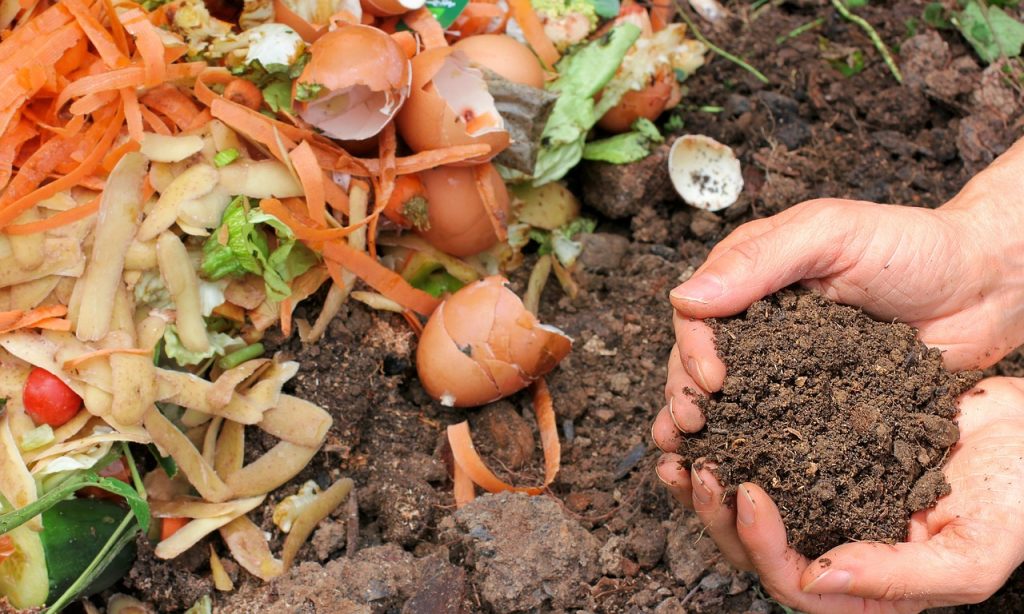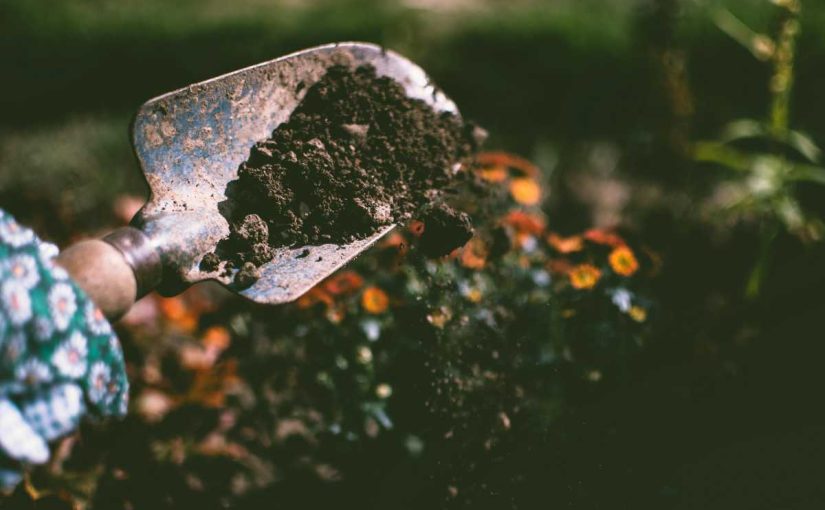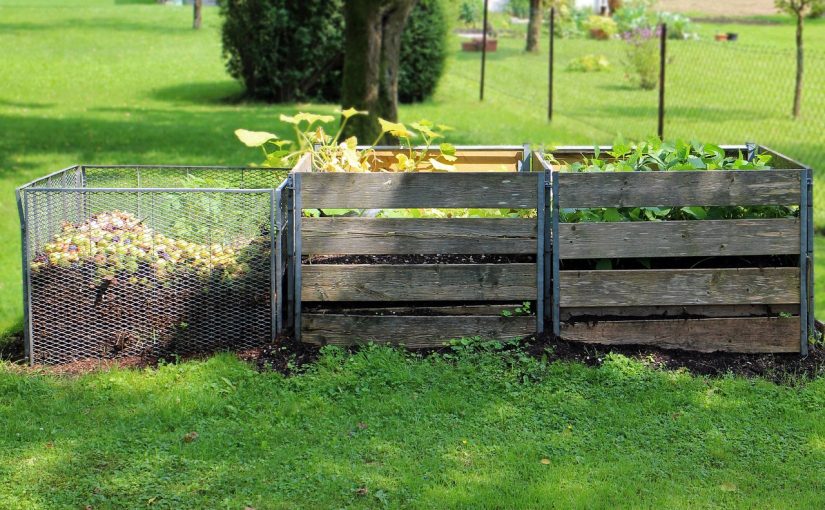Composting is a cornerstone of sustainable agriculture, offering a range of benefits for farmers, gardeners, and the environment. By recycling organic waste into nutrient-rich compost, this practice not only helps reduce waste but also enhances soil quality and supports sustainable farming methods. Here are ten compelling benefits of composting for sustainable agriculture.
1. Improves Soil Fertility
Composting significantly improves soil fertility by providing essential nutrients that plants need to grow. Organic matter in compost is rich in nitrogen, phosphorus, and potassium, as well as trace minerals. These nutrients are slowly released into the soil, providing long-term benefits to crops.
How It Helps:
- Compost enriches the soil with nutrients that promote healthy plant growth.
- It reduces the need for synthetic fertilizers, which can be costly and harmful to the environment.
Pro Tip: Adding compost to the soil before planting helps create an optimal environment for seed germination and root development.
2. Enhances Soil Structure
One of the key benefits of composting is its ability to improve soil structure. Compost helps create a more aerated and crumbly texture, allowing for better root penetration and water retention.
How It Helps:
- Compost improves soil aggregation, which enhances drainage and reduces soil compaction.
- The organic matter in compost helps bind particles together, preventing erosion and promoting a healthy root system.
Pro Tip: Add compost regularly to maintain the ideal soil texture, especially in compacted or clay-heavy soils.
3. Increases Water Retention
Compost has the ability to retain moisture, which is especially beneficial in dry or drought-prone areas. By improving soil’s water-holding capacity, compost helps reduce the need for frequent irrigation, saving water and reducing the overall environmental footprint.
How It Helps:
- Compost acts like a sponge, absorbing and holding water that plants can use during dry spells.
- By improving water retention, compost helps crops survive in low-moisture conditions.
Pro Tip: Using compost in garden beds or around plants helps maintain consistent soil moisture levels, leading to healthier crops and better yields.
4. Promotes Beneficial Microbial Activity

Healthy soil is full of beneficial microbes that play a critical role in breaking down organic matter and supporting plant health. Compost provides a habitat for these microbes, encouraging their growth and activity.
How It Helps:
- The microorganisms in compost break down organic matter, converting it into nutrient-rich humus that plants can easily absorb.
- By fostering a healthy soil ecosystem, compost improves soil health and plant resilience.
Pro Tip: Use compost regularly to keep soil microbial activity high, supporting natural processes that help keep plants healthy and productive.
5. Reduces the Need for Chemical Pesticides and Fertilizers
By improving soil health and fostering natural pest control, composting can reduce the need for chemical pesticides and synthetic fertilizers. Healthy soil with diverse microbial activity is less likely to harbor harmful pests and diseases, allowing plants to thrive naturally.
How It Helps:
- Compost enhances soil biodiversity, which helps keep harmful pests in check.
- Compost provides slow-release nutrients, reducing the need for chemical fertilizers that can harm the environment.
Pro Tip: Organic farming systems that rely on composting often see fewer pest problems and healthier crops overall.
6. Reduces Soil Erosion
Soil erosion is a major concern in agriculture, especially on slopes or in areas prone to heavy rainfall. Compost helps bind soil particles together, which reduces erosion and prevents valuable topsoil from being washed away.
How It Helps:
- The organic matter in compost helps improve soil structure, increasing its resistance to erosion.
- Compost acts as a natural mulch, protecting the soil surface from wind and water erosion.
Pro Tip: Apply compost as a top dressing on bare soil or on slopes to reduce the risk of erosion during heavy rains.
7. Supports Carbon Sequestration
Composting helps mitigate climate change by sequestering carbon in the soil. When organic matter is composted instead of being sent to landfills, it breaks down into stable carbon compounds that remain in the soil for years.
How It Helps:
- Composting organic waste reduces methane emissions from landfills and helps trap carbon in the soil.
- Healthy soils can store significant amounts of carbon, contributing to climate change mitigation.
Pro Tip: Implementing composting practices on a large scale in agriculture can help offset some of the greenhouse gas emissions produced by farming.
8. Decreases Organic Waste in Landfills
Composting reduces the amount of organic waste that ends up in landfills, where it would otherwise decompose anaerobically and release harmful methane. By composting farm waste, food scraps, and yard clippings, farmers can divert organic materials from landfills and turn them into valuable soil amendments.
How It Helps:
- Composting reduces landfill waste, minimizing environmental harm.
- Composting organic waste on the farm is an effective way to recycle resources and support sustainable agriculture.
Pro Tip: Encourage farm workers and local communities to participate in composting programs to reduce waste and contribute to soil health.
9. Enhances Soil pH Balance
Composting can help balance the pH of acidic or alkaline soils. By adding organic matter through compost, you can buffer extreme pH levels and create a more neutral environment that’s ideal for plant growth.
How It Helps:
- Compost naturally adjusts soil pH, making it more suitable for a wide variety of crops.
- Regular addition of compost to soil can help prevent pH imbalances that can stunt plant growth.
Pro Tip: Test your soil’s pH regularly to determine if compost is needed to bring it into balance.
10. Promotes Biodiversity in Agricultural Ecosystems
Composting encourages biodiversity by enriching the soil with a variety of organic materials, which supports diverse plant and animal life. A diverse ecosystem is crucial for maintaining ecological balance and promoting healthy farming practices.
How It Helps:
- Compost improves habitat conditions for earthworms, insects, and beneficial microorganisms that help with pollination, pest control, and soil aeration.
- Biodiversity in the soil helps ensure a more resilient and productive farming system.
Pro Tip: Incorporate different types of organic waste into your compost pile to encourage a wider variety of beneficial organisms.
Conclusion
Composting is an essential practice for sustainable agriculture, offering numerous benefits that help enhance soil health, improve crop yields, and protect the environment. From reducing the need for synthetic fertilizers to enhancing water retention and preventing soil erosion, composting provides both immediate and long-term advantages for farmers and gardeners. By adopting composting practices, you can help create a more sustainable, eco-friendly farming system while enriching the soil and boosting your harvests.
Start composting today and experience the numerous benefits it offers to your farm or garden!




